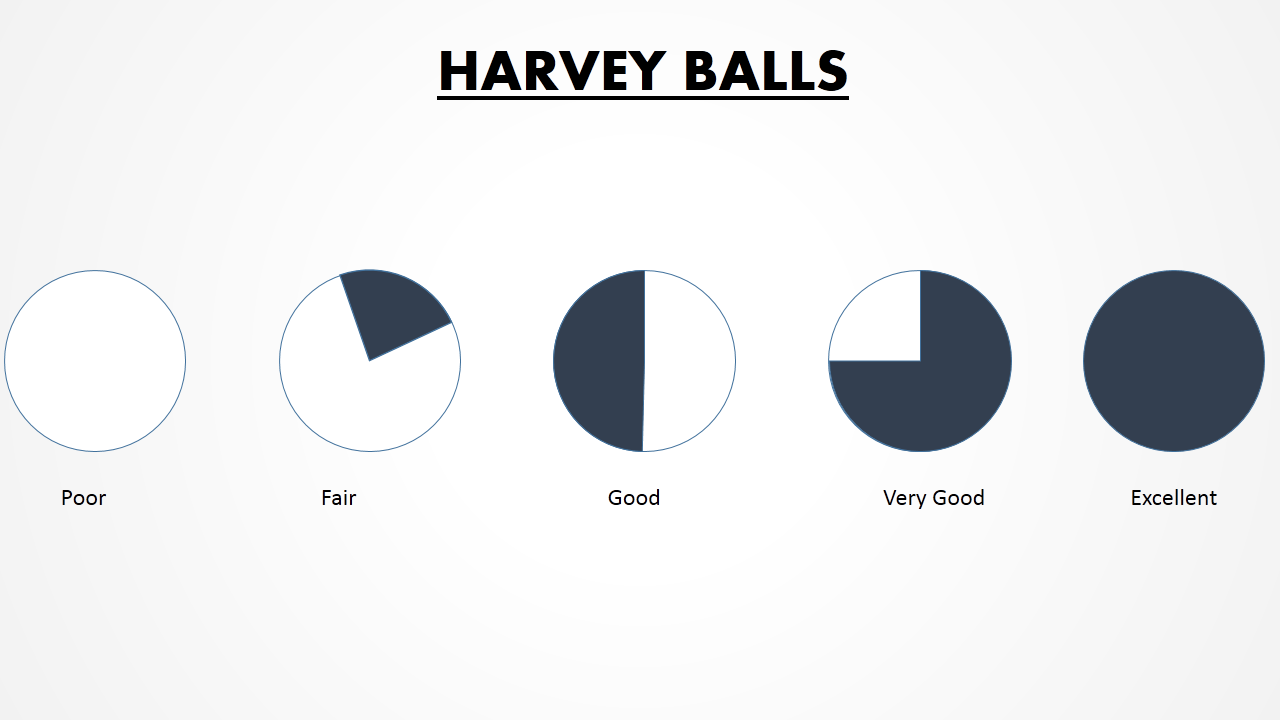We live in a quickly evolving agricultural economy. Hence, a well-thought-out and thorough business strategy is crucial for the success of any farm operation in today's world.
Farmers use a business plan as them guide to help them reach their objectives and make informed decisions. It gives a framework for tracking the development, luring potential investors, and outlining the farm's targets and tactics.
A farm business plan defines the precise goals and tasks associated with agricultural production, marketing, and management for farmers. It acts as the manual for managing a prosperous farm and aids farmers in maintaining their long-term goals.
A well-designed Farm Business Plan Template is becoming increasingly necessary with the growing importance of business plans. This helps cover all the crucial points of the business, making it highly requested by emerging and established companies.
Here, we'll discuss the value of business plans, the various types of business plans, and three essential farm business plan templates with examples.
Do you wish guidance on creating a business plan for your gardening business? Click here for the blog with the premium templates to help you.
Why Should You Use Business Plan Templates?
It has become evident that writing a business plan can be time-consuming. However, the process can be sped up, and all essential components incorporated, using Farm Business Plan Templates.
Three Must-Have Business Plan Templates
Using business plan ppt Templates, you can create the structure that will lead you through each area and ask you for the essential data. As a result, your strategy will be polished and well-organized. They also provide samples and formatting requirements. When constructing a thorough business plan, using templates will help you save time and effort.
Template 1: Poultry Farming Business Plan Template
This PPT Template is designed for those who want to start a profitable business raising poultry. It has sections on market analysis, production procedures, biosecurity precautions, financial forecasts, and risk mitigation techniques.
Starting with detailed financial assumptions and an executive summary, the 46-slide PPT Deck has a comprehensive section for writing an overview of your company. This is followed by a detailed analysis of the industry, your customers, and your
competitors in the market, and the growth analysis. The step-by-step slides make it easy to write an entire business plan quickly. Download this template right away!
Template 2: Sustainable Farming Investor Presentation Template
This PPT Set, which emphasizes sustainable farming methods, is perfect for farms looking to raise capital from investors who are concerned about the environment as well. It highlights organic certification, environmental impact studies, and long-term sustainability objectives.
The presentation starts with a slide on why investing in a sustainable farming business is essential. This deck contains 41 slides that allow you to address the existing problems in the agriculture industry and how your company stands out from the rest in attaining its objectives.
Template 3. One-Pager Agricultural Farm Business Plan Template
This one-page summary is practical for giving an overview of your farm to prospective partners, lenders, or stakeholders. Here, you can edit the statistical graphs and critical points according to your company's needs to achieve your goal.
A one-pager template helps you review your business plan's primary and most important points. Hence, it is ideal to use it to overview your entire business plan. Get it from the link below.
Conclusion
For every agricultural business, a well-written business plan is a crucial resource. It gives farmers a road map to success, assisting them in formulating objectives, selecting wisely, and luring potential investors.
Farmers can speed up the planning process and ensure that all important details are addressed using business plan templates. Templates are available to meet your particular needs, whether you're considering poultry farming, sustainable agriculture, or just need a brief description.
If you take the time and effort to write a thorough business plan, you'll be better able to handle obstacles and seize chances in the agricultural sector.
Are you in lawn care? Advertise your business with our amazing flyer templates with a click here.
FAQs on Farm Business Plans
Which farming is most profitable?
Market demand, input costs, and regional conditions are only a few variables that affect how profitable farming is. The production of organic fruits and vegetables, chickens, fish, and aquaculture are some of the most lucrative farming endeavors.
What is farm business income?
Income from a farm's agricultural operations, such as selling crops, cattle, and other goods, is referred to as farm business income. It indicates farm income before deducting costs.
How to start an agribusiness?
These actions should be taken to launch an agribusiness:
- Establish your specialty or primary area of interest, such as agricultural cultivation, animal husbandry, or agritourism.
- Analyze your chosen sector's demand, rivalry, and potential profitability through market research.
- Create a business plan that outlines your objectives, plans, budget, and operational information.
- Obtain funds by looking into possibilities like loans, grants, or partnerships.
- Obtain the required materials, such as land, tools, seeds, or livestock.
- Adhere to all legal and regulatory obligations, such as those pertaining to licenses, permits, and certificates.
- Put your business plan into action, track your results, and change as necessary.
How do you create a farm plan?
You can start making a farm plan by:
- Evaluating your resources
- Performing a SWOT analysis
- Generating production plans.
- Financial planning and budgeting
- Risk management
- Marketing and sales strategies, and
- combining sustainable and environmental practices
A good farm plan entails budgeting, risk control, sales and marketing plans, and ongoing market monitoring and adjustment. This plan, when written and created well, can guarantee success and sustainability over the long term.
How Can You Write Your Own Business Plan?
Writing a business plan can be challenging, but it can be made more accessible by breaking it down into achievable phases. Here are a few steps you can take:
- Executive Summary: Start by providing a concise overview of the whole business strategy, highlighting the mission, goals, and tactics of the farm.
- Company Description: Give a general summary of your farm, outlining its background, organizational structure, geographic location, and any distinguishing qualities or benefits.
- Market Analysis: Investigate and assess the intended consumer base for your agricultural products. Determine your target market, rivals, industry trends, and consumers' tastes.
- Products and Services: Briefly describe the agricultural goods and services your farm provides, emphasizing their salient features and added value.
- Marketing and Sales Strategy: Describe your pricing, promotions, distribution, and customer acquisition techniques.
- Operations: Write about how your farm is run daily, including the production procedures, tools, infrastructure, and human resources needs.
- Management and Organization: Outline the major players, their responsibilities, and credentials in your farm's management structure.
- Financial Projections: Detailed financial forecasts, including cash flow projections, income statements, and balance sheets. Calculate return on investment, break-even points, and include assumptions.
- Risk analysis: Identify potential threats and difficulties your farm may experience and create backup plans to deal with them.
- Appendices: Include any additional material that improves your plan, such as market research data, licenses, permissions, and other supporting documentation.
Why Are Business Plans Necessary?
Business plans are essential for several reasons:
- Goal Clarity: A thorough business strategy aids farmers in identifying and outlining their goals. It lets them clearly state their identity, purpose, and objectives, setting a course for the farm's future.
- Decision-Making: Business strategies assist farmers in reaching wise choices. Farmers can assess the viability of various tactics by doing in-depth study and analysis and then select those that align with their objectives and available resources.
- Financial Planning: Financial forecasts, an analysis of cash flows, and budgeting are all parts of a business plan. It aids farmers in cost estimation, discovering potential revenue sources, and analyzing farm profitability.
- Finding Investors: Investors and lenders frequently need a thorough business plan before considering an investment. They can see the farm's potential and lower their risk with the help of a well-structured program.





 Customer Reviews
Customer Reviews







